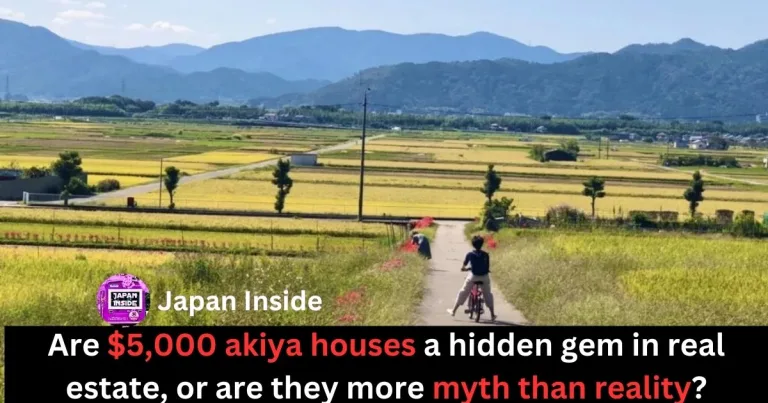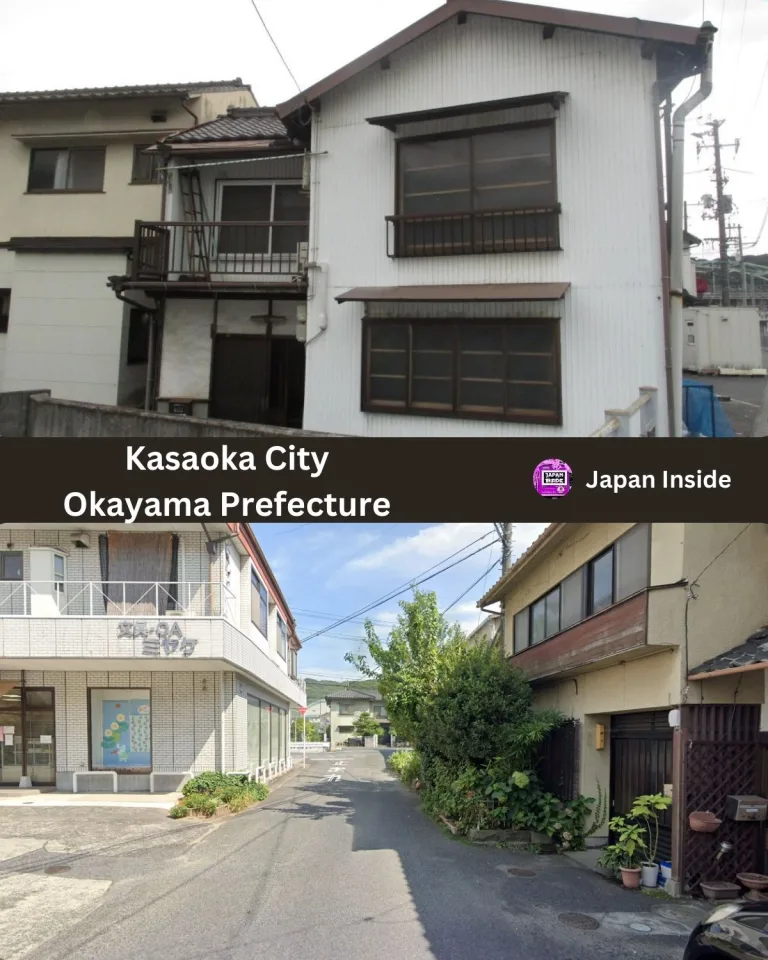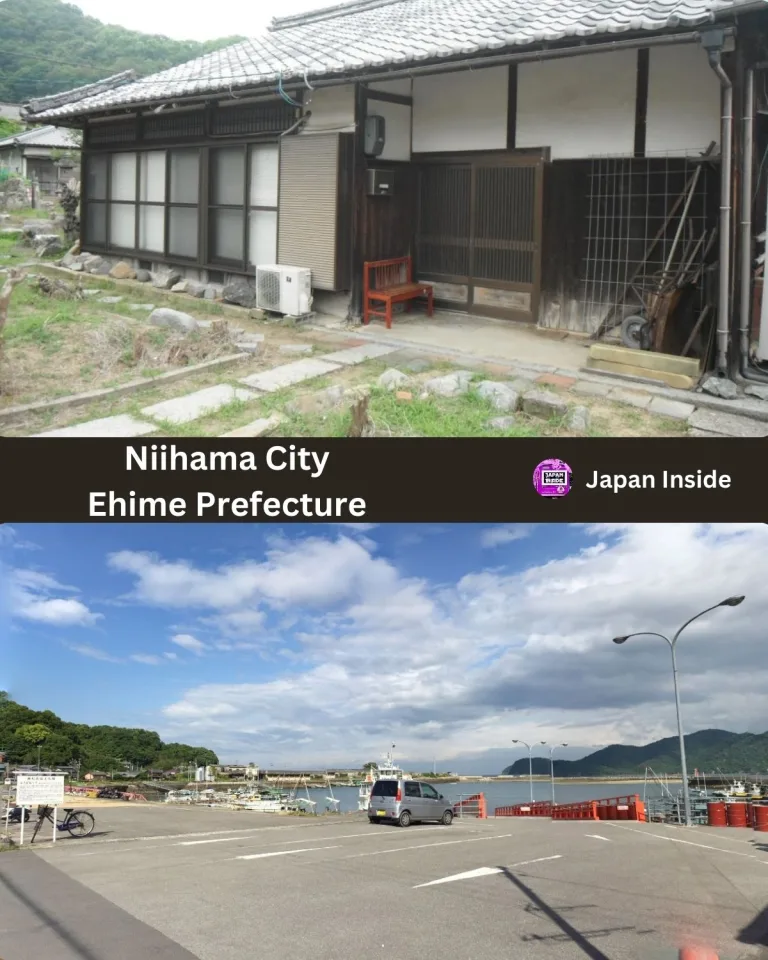From Zero to 10 Properties in 10 Years: How This Canadian Expat Conquered Japan’s Real Estate Market
For many Americans, the idea of moving to Japan and investing in real estate may seem like a distant dream. However, one Canadian expat, Colin, has proven that with determination, hard work, and a keen eye for opportunity, it’s possible to build a thriving rental empire in Japan.
In just 10 years, Colin went from owning zero properties to acquiring 10 houses, all while navigating the challenges of being a foreigner in Japan’s real estate market.
Meet Colin: The Accidental Real Estate Mogul
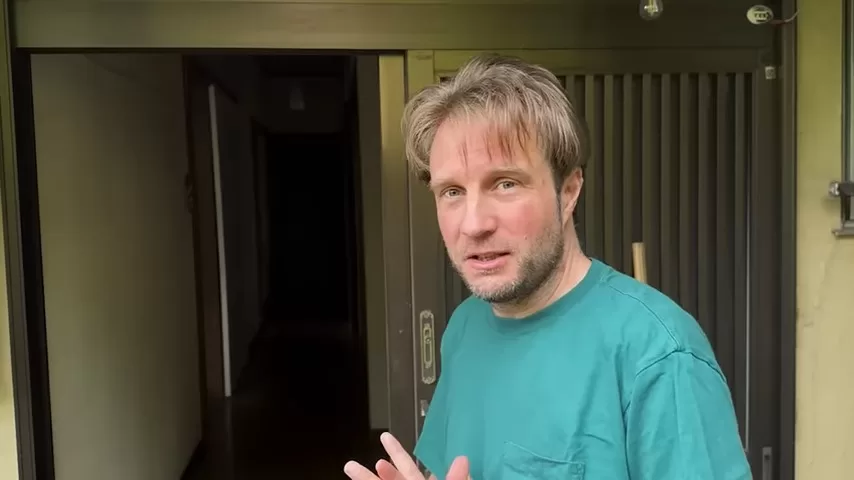
Colin’s journey began when he moved to Japan in 2000, initially teaching English to make ends meet. Like many expats, he found himself paying rent and wanting to find a way to build wealth through real estate.
Check Out These Akiya Deals:
In 2007, he purchased his first property in Tokyo for 20 million yen (approximately $200,000 at the time), which he later rented out, allowing him to live rent-free in a one-room apartment. This experience opened his eyes to the potential of investing in Japanese real estate.
Navigating Japan’s Real Estate Market as a Foreigner
As a foreigner, Colin faced unique challenges when entering Japan’s real estate market. One of the most significant obstacles was the language barrier. Colin emphasizes the importance of speaking Japanese fluently, not only to communicate effectively with agents and sellers but also to understand the cultural nuances that play a vital role in business transactions.
He advises aspiring investors to invest time in learning the language and culture to succeed in Japan’s real estate market.
The Secret to Finding Undervalued Properties in Japan
Colin’s success can be attributed to his ability to identify undervalued properties in and around Tokyo. He focuses on finding houses priced under 10 million yen (approximately $100,000), which he believes offer the best potential for rental income and appreciation.
By scouring websites like Suumo.jp and AtHome.co.jp, Colin has been able to find hidden gems that other investors may overlook.
Renovating Akiya: Turning Abandoned Houses into Cash Flow
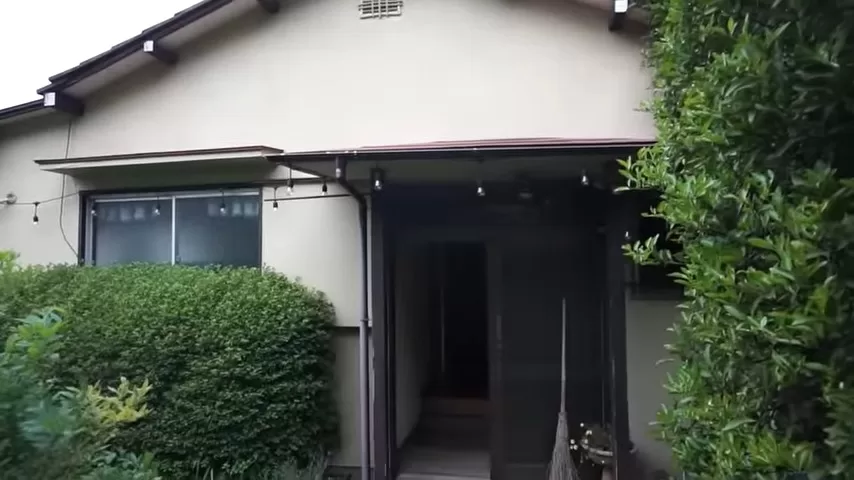
One of Colin’s strategies involves investing in Akiya, or abandoned houses, which can be purchased for a fraction of their market value.
In one example, “I’ve bought an Akiya in Japan by accident. The original price was $60k and jokingly I said no…but maybe if it was $20K ill do it. and they said ok. During Covid, I renovated it mostly by myself. It took me one year and spent an extra $30k. Now its being used as a space for artists in Nara City and charging $1K a month for rent.”
Renting Out Properties in Japan: A Landlord’s Perspective
As a landlord in Japan, Colin has found that the rental market operates differently than in other countries.
“Colin mentioned something that really hit home from my time living in Asia for over 10 years. He talked about how the landlords will not raise rents to ridiculous extremes as they want to ensure that people can afford to rent. They always look out for their fellow countrymen and women. There is a great sense of care and respect for others, regardless of whether you are a salary person or a big executive.”
This culture of respect and care for others, regardless of their socioeconomic status, creates a more stable rental market and fosters long-term relationships between landlords and tenants.
Mastering the Art of Negotiation in Japanese Real Estate
Negotiation is a crucial skill when investing in Japanese real estate, and Colin has mastered the art of finding the right balance. He stresses the importance of building relationships with agents and sellers, as trust and respect are highly valued in Japanese culture.
By approaching negotiations with a mix of humility and confidence, Colin has been able to secure deals that may have seemed impossible to others.
Building a Rental Empire: Colin’s 10-Year Journey
Over the past decade, Colin has steadily grown his rental empire, acquiring properties in and around Tokyo.
His portfolio now includes 10 houses, all of which he owns outright with no mortgages. By focusing on properties with strong cash flow potential and keeping his expenses low, Colin has been able to achieve financial freedom through real estate investing.
The Importance of Japanese Language Skills in Real Estate Investing
Throughout his journey, Colin has emphasized the crucial role that Japanese language skills play in real estate investing. Being able to communicate fluently with agents, sellers, and tenants has given him a significant advantage in the market. He even developed his own online language learning program, Ebenkyo.com, to help others improve their Japanese skills and better navigate the real estate landscape.
Comparing Japan’s Real Estate Market to Other Countries
Colin’s experience in Japan’s real estate market has given him a unique perspective on how it compares to other countries.
He argues that Japan’s real estate prices are undervalued compared to other major cities like Vancouver, Hong Kong, and Singapore, making it an attractive option for foreign investors.
Additionally, he notes that Japan’s aging population and declining birthrate may not necessarily be a deterrent to investing, as people will always be drawn to the country’s safety, stability, and unique culture.
Advice for Foreigners Looking to Invest in Japanese Real Estate
For Americans and other foreigners interested in investing in Japanese real estate, Colin offers some sage advice.
First and foremost, he stresses the importance of learning the language and understanding the culture. He also recommends starting small, perhaps with a one-room apartment or a more affordable property, to minimize risk and build confidence.
Finally, he encourages investors to be patient, as building a successful rental empire takes time, dedication, and a willingness to learn from both successes and failures.
Here’s a playbook for an American looking to purchase a house or akiya in Japan:
Step 1: Research and Understand the Japanese Real Estate Market
- Familiarize yourself with the different types of properties available, such as apartments, houses, and akiya (abandoned homes).
- Learn about the current market trends, prices, and popular locations for foreign investors.
- Understand the legal requirements and restrictions for foreigners purchasing property in Japan.
Step 2: Determine Your Budget and Financing Options
- Assess your financial situation and determine how much you can afford to invest in Japanese real estate.
- Research financing options, such as mortgages from Japanese banks or international lenders.
- Consider the additional costs associated with purchasing and renovating a property, such as property taxes, insurance, and maintenance fees.
Step 3: Learn the Language and Culture
- Invest time in learning Japanese, as it will be essential for communicating with agents, sellers, and contractors.
- Understand Japanese business etiquette and cultural norms to build strong relationships and navigate negotiations effectively.
- Consider hiring a bilingual real estate agent or translator to assist you in the process.
Step 4: Start Scouring Listings
- Use popular Japanese real estate websites like Suumo.jp and AtHome.co.jp to search for properties that meet your criteria.
- Focus on properties within your budget, particularly those priced under 10 million yen (approximately $100,000) for the best potential returns.
- Keep an eye out for akiya or abandoned homes, which can often be purchased at a significant discount.
Step 5: Conduct Due Diligence
- Once you’ve identified potential properties, thoroughly research the location, condition, and potential for renovation or rental income.
- Visit the properties in person, if possible, or hire a trusted agent or inspector to assess the condition of the home.
- Review the property’s legal documents, such as the land registry and building certificates, to ensure there are no outstanding issues or liens.
Step 6: Negotiate and Make an Offer
- Work with your agent to determine a fair offer price based on the property’s condition, location, and market value.
- Present your offer to the seller, and be prepared to negotiate in a manner that respects Japanese cultural norms and values building long-term relationships.
- If your offer is accepted, proceed with signing the necessary contracts and transferring the funds to complete the purchase.
Step 7: Renovate and Rent (If Applicable)
- If you plan to rent out the property, work with local contractors to renovate and prepare the home for tenants.
- Familiarize yourself with Japanese rental laws and regulations, and consider hiring a property management company to assist with finding tenants and maintaining the property.
- Set competitive rental rates that align with the local market and attract reliable, long-term tenants.
Step 8: Manage Your Investment
- Keep accurate records of your income, expenses, and tax obligations related to your Japanese real estate investment.
- Stay informed about changes in the local real estate market and adjust your strategy as needed to maximize your returns.
- Consider reinvesting your rental income into additional properties to grow your portfolio over time.
Remember, investing in Japanese real estate as a foreigner requires patience, dedication, and a willingness to adapt to a new culture and market.
By following this playbook and learning from the experiences of successful investors like Colin, you can navigate the process with greater confidence and potentially build a profitable rental empire in Japan.
User Comments
“Great interview. I’m Singaporean married to a Japanese. It’s been my dream to move to Japan and do what Colin does. Except I’m a lot older and I have 3 young kids. So it’s a bit of a challenge. But the goal is to make the move in 2 years.”
This comment showcases the aspirations of a Singaporean individual who hopes to follow in Colin’s footsteps, despite the challenges of being older and having a young family. It demonstrates the appeal of Colin’s story to a diverse international audience.
“An issue to consider with investing in property in Japan is the inheritance tax. If you possess a significant portfolio or high-value real estate, the government may take up to 40% of its value. This can undermine the goal of creating wealth in Japan if you cannot pass it down to your family without the government taking a large portion. Can you touch on this more and if there is any workaround?”
This comment raises an important consideration for long-term real estate investors in Japan, highlighting the potential impact of inheritance tax on wealth preservation and transfer.
“I am happy they are doing well, as for myself, I am from Vancouver as well. I have been living in Japan for over 10 years now and most of the reasons why left Vancouver I can agree with. I, too, have a successful English school as well. The video is a little misleading, that it is true any foreigner can purchase property in Japan. But Japan has a zero immigration policy. Owning property in Japan does not mean that a foreigner will be able to acquire a visa or permanent resident status because they own real estate properties in Japan. Plus, it is very difficult to immigrate to Japan, unless you marry a Japanese national.”
This comment provides a balanced perspective from another Vancouver expat living in Japan, cautioning that while foreigners can purchase property, it does not guarantee residency or immigration status.
“Great video; thank you for sharing! My husband and I are both foreigners in Japan, and we just received a Startup Business visa for our small business in rural Ehime (Ōmishima). We bought our first akiya while we were still on tourist status (although we now have residency) and we hope to purchase our second akiya by the end of the year. The first will be a guesthouse, and the second will be our own home.”
This comment shares a real-life example of a foreign couple successfully navigating the Japanese real estate market and visa process, offering hope and inspiration to others looking to follow a similar path.
“I believe what Colin is saying. The average Australian house has gone up $250,000 in the last two and half years. I’m visiting my son and new grandchild in Tokyo right now. My son is of the mindset that it’s not worth buying real estate in Tokyo because it will never appreciate. I’m going to show him this video today if he will watch it to try and change his mind. He has a finance degree from Australia. Any chance he could meet you guys to have a chat while I’m here? I’d love to meet you too. He could possibly be an asset to your company.by bringing Australian investors to you. The Chinese have been investing heavily in the Australian housing market and now they’re investing in the Japanese market too. They are savvy investors. I believe the Japanese market will start appreciating soon as it has in Australia.”
This comment provides an interesting comparison between the Australian and Japanese real estate markets, suggesting that the Japanese market may be poised for appreciation as foreign investors, particularly from China, start to take notice.
“When I was a young man, I worked for a guy who made his fortune in real estate. As a way to get rich, he didn’t recommend it. Between the cost of maintenance, dealing with people who fall behind on their rent, natural disasters, the vagaries and fluctuations in real estate prices, it’s more work than people think. If you have an independent income, significant savings, or a job which isn’t location-dependent, Japan can be a great place to find a great deal on a great home (outside the cities). But home prices in the countryside are low for a reason, lack of jobs, low wages for what work there is, and almost nothing in the way of entrepreneurial opportunities. It’s very easy to find cheap real estate in Japan, but it’s very hard to get an income out of it.”
This comment offers a balanced and cautionary perspective on the challenges of real estate investing, particularly in rural Japan, where economic opportunities may be limited.
Here’s the full interview with Colin
